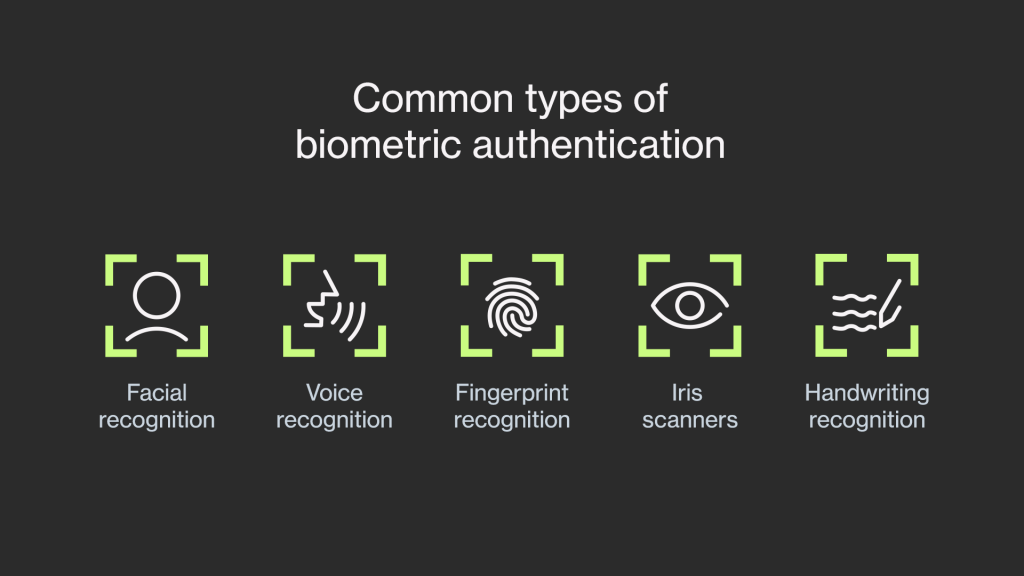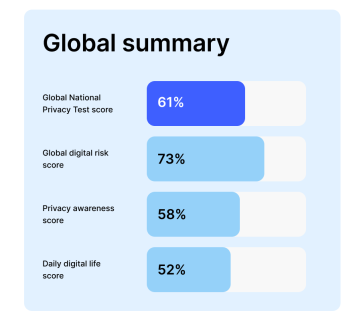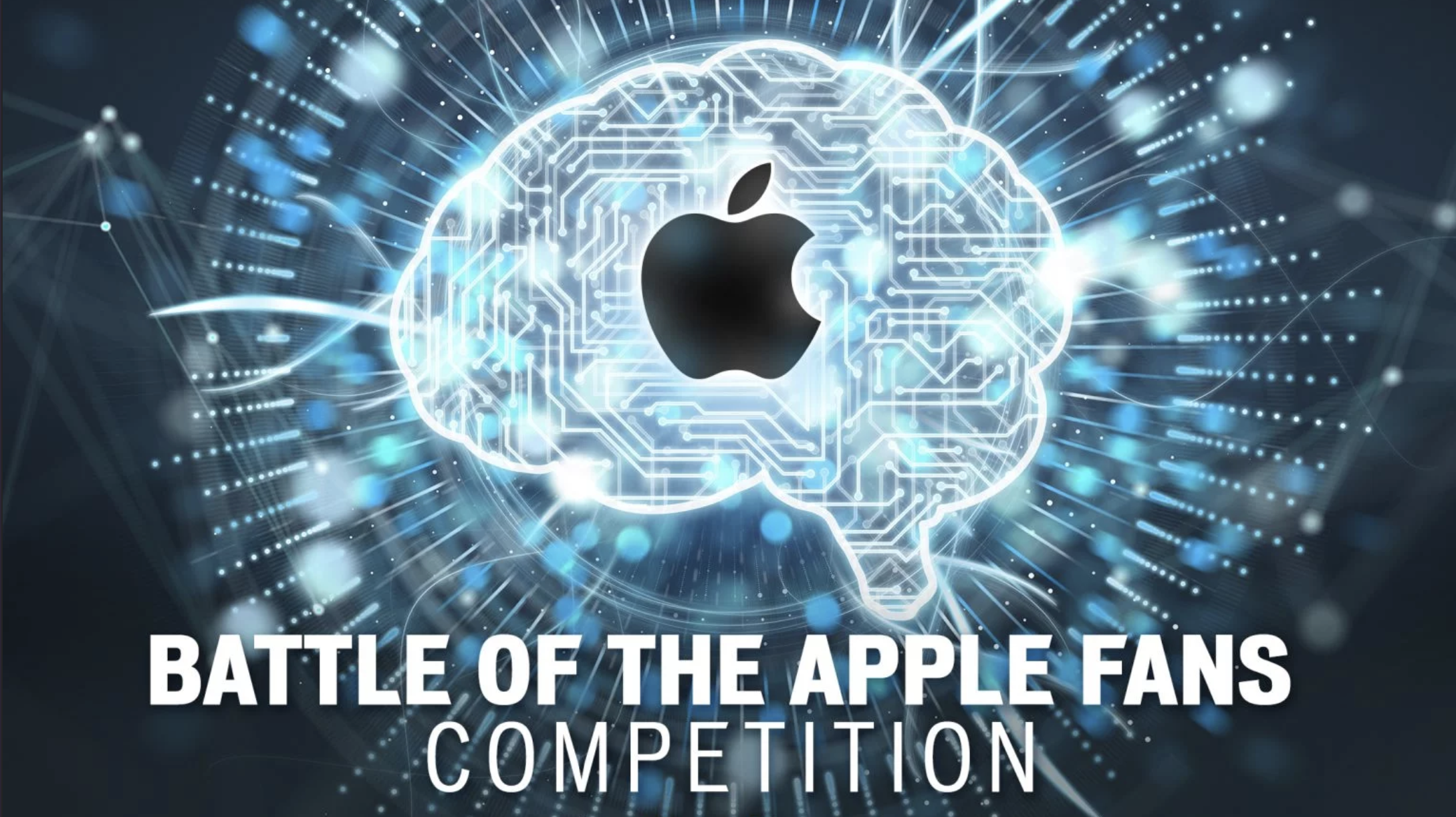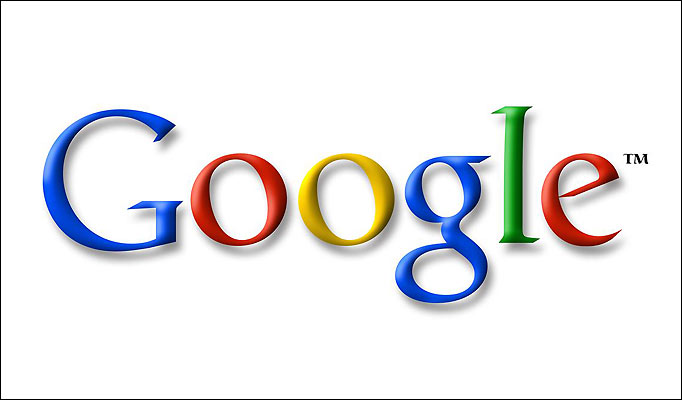Last year saw device makers launch products based on latest technologies across the globe, starting with the craze for smartwatches and wearables. Companies competed to see who had the best and favourable wearable device for the consumer.
Google, for example, sought to make a difference with its Google Glass technology but like it did in its introduction, it failed terribly, there was little adoption. They then decided they would make an improvement with their 2nd generation Google Glass, which is expected to make a mark this year.
Samsung did well with its smartwatch, a reason to be proud for sure. Its Gear Circle, however, did not manage to become a topic of discussion as much but maybe 2015 is the year consumers will finally grow fond of the neck-wearable.
Other wearables also came to play, with companies experimenting even with rings, just to make a statement and establish that uniqueness. The rings, though not available in Africa yet, got people talking as they thought the technology to be amazingly comfortable and appropriate, reducing bulkiness.
In 2015, consumers should expect to see more wearables as the tech space continues to grow wider in order to accommodate new players and new innovations. We have seen devices for the neck, fingers, wrists, ankles, and even toes(that was very disturbing), I can’t wait to see what comes next.
And as consumer electronic companies continue to introduce intelligent devices and make promises to ease operations and entertainment in homes with IoT devices, consumers are still worried about how complicated some of the devices are.
According to a recent survey done by Accenture on digital consumers in the new connected world, consumers said they found intelligent devices to be increasingly relevant to their lives and are inspired by a connected world, but also cited that some devices were pretty hard to use.
The survey also indicates that consumers have a hard time connecting the devices to the internet as directed, they also have a hard time making the devices to work as advertised and feel that most devices are not as attractive in real life as they appeared in advertising.
With these concerns, consumers feel that device makers tend to represent themselves wrongly in order to sell their devices which in turn causes the consumer to mistrust the brand all together. This mistrust is then extended to all products from the device maker.
However, in spite of these problems that consumers face with the new intelligent devices, consumers believe they will need the devices in their homes and their daily activities. They believe there is a need for a connected world through the IoT devices.
A large percentage said they would want to have the devices with them in the next five years, especially the health & fitness wearable devices, which some said were complicated to use and set up.
In light of these, the study provides three directives for consumer electronic companies that will ensure their products and services move from adoption to mainstream use by focusing on consumer confidences.
The three include; Offering consumer experience right out of the box, Break through a crowded marketplace with strong digital brands, and Provide a level of security and privacy that will inspire consumer trust.
According to the research, most consumers purchase products depending on the trust they have for a certain brand more than any other factor, followed by how easy the device is to use and later the features and functions of the device.
As it is clear, there is a need for consumer electronic companies to establish trust between their brand and the customer if they are to see their products become a popular must-have for users around the world.
The industry is transitioning as consumers’ purchasing plans lean more towards the intelligent devices as opposes to traditional devices and it is will be dependent on companies to determine the products, services and intelligent networks that will meet this growing need to connect the world.





